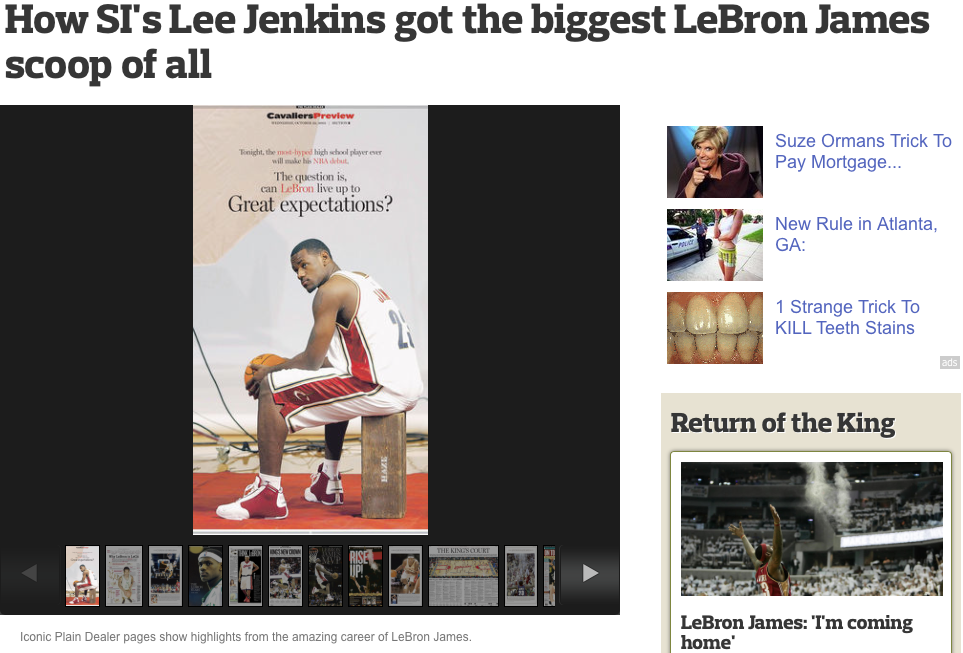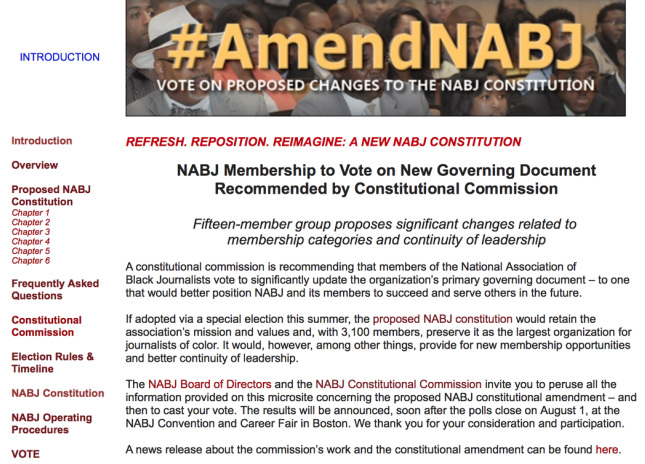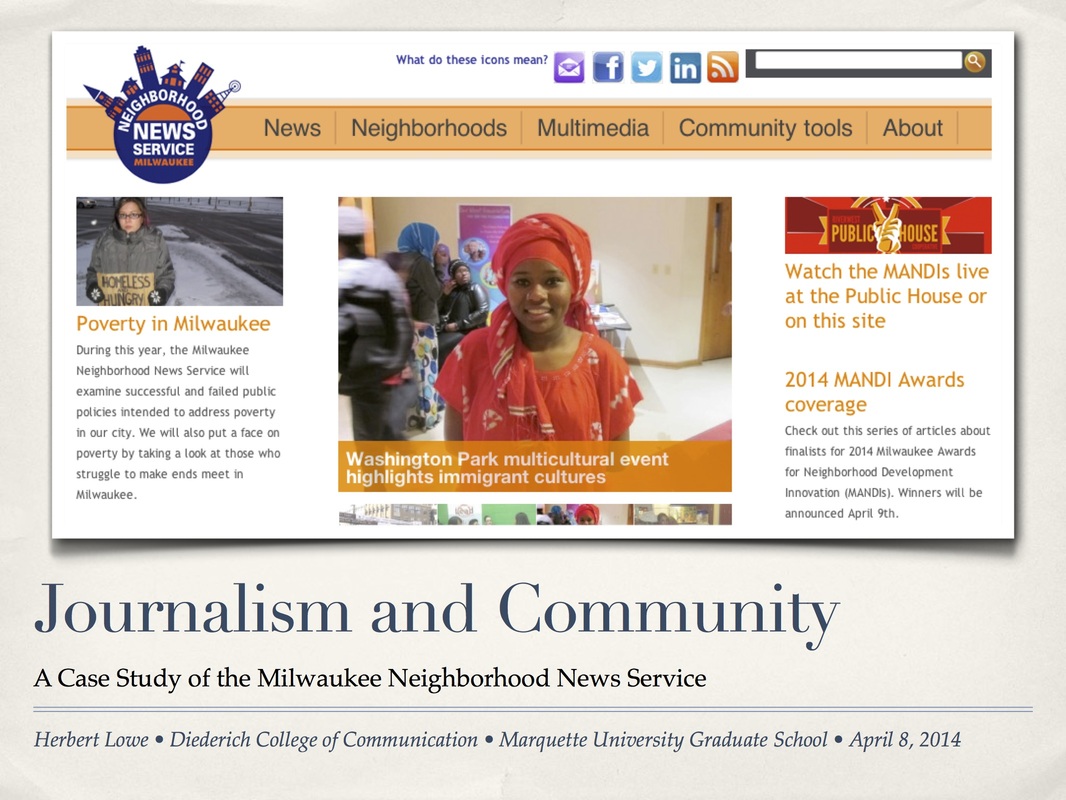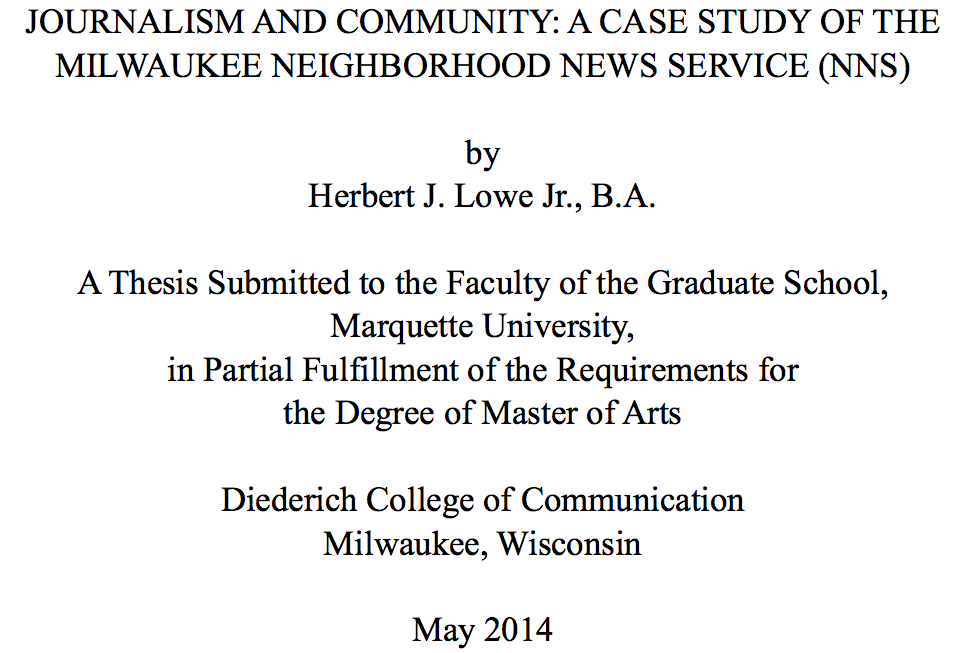This email came this summer from Dr. Karen Slattery: "I am wondering if you would be available to speak to both sections of my DJ 1500 classes on Monday, Sept. 8. That day, we will be talking about interviewing victims of trauma. It occurred to me that your work on 9/11 would be right on topic and would give the students the chance to hear about what it was like to be part of that tragic event from the perspective of a journalist."
I could not say no to my faculty colleague. So since JOUR 2100 meets the same time as her morning class, we will meet together. Both classes are expected to read my "9/11 Chronicle" in advance of the session and pepper me with good questions about my experience. Check out the accompanying links that are still active, too. Your interviewing skills will be tested. So will your reporting skills. That means you should do other research on your own about journalists covering tragedy and mayhem.
This joint session should last about an hour. #loweclass will then write a related blog post during the second part of our class -- with a full-fledged profile assignment to follow for Wednesday's class. So you will need quotes and a sense of the room, etc. Again, interviewing and reporting. There should not be questions like, "What newspaper were you working for on 9/11?" Don't let JOUR 1550 show up JOUR 2100. Please.
Slattery's class all had digital recorders in front of me as I spoke. Their assignment afterward included creating a news report suitable for radio or the Web. She had me do the same exercise for her afternoon class. Thankfully, it asked some different questions, so that hour of time was equally enjoyable. It also helped that Marjorie Valbrun, another journalist spending the year at Marquette as an O'Brien Fellow, chimed in with her experiences as a journalist on 9/11.
My students returned to our classroom after the morning session, had a quick newsroom meeting about what had just transpired – and then had 25 minutes to write a blog post offering their immediate perspective (for online). They then had 48 hours to write a news profile about the guest speaker and his 9/11 experience (for the next day's paper).
Is it weird having your students write about you? Yes. But I learned a lot about each one of them via their blog posts. As I look forward to reading their profiles this weekend, I am happy to report that they also used my and their 9/11 experiences to create Storifys, thus learning how to curate social media. They did so within a day. No sense waiting until Monday to write about something that everyone is focusing on today, I told them. Eager to read those, too. Many thanks to my colleague for enabling me to share the most momentous day of my career with our students.
With the coming 13th 9/11 anniversary, it was to incredible to hear an account from a journalist on that day from @herbertlowe #loweclass
— Henry (@HenryGreening) September 8, 2014 "Some incredible journalism happened that day. It gave reporters a chance to rise to the best of their ambitions and abilities." #loweclass
— Maddy Kennedy (@HeyMaddyK) September 8, 2014 He was a grenade of wisdom and passion. With each interview question, the students pulled the pin. #loweclass #favoritesentence @herbertlowe
— Jenna Ebbers (@jenna_ebbers) September 10, 2014 I'm finding it difficult to describe how I feel about today's #loweclass. Very emotional hearing @herbertlowe talk about his 9/11 experience
— Tom Conroy (@TomConroyIsMe) September 9, 2014 



 RSS Feed
RSS Feed
